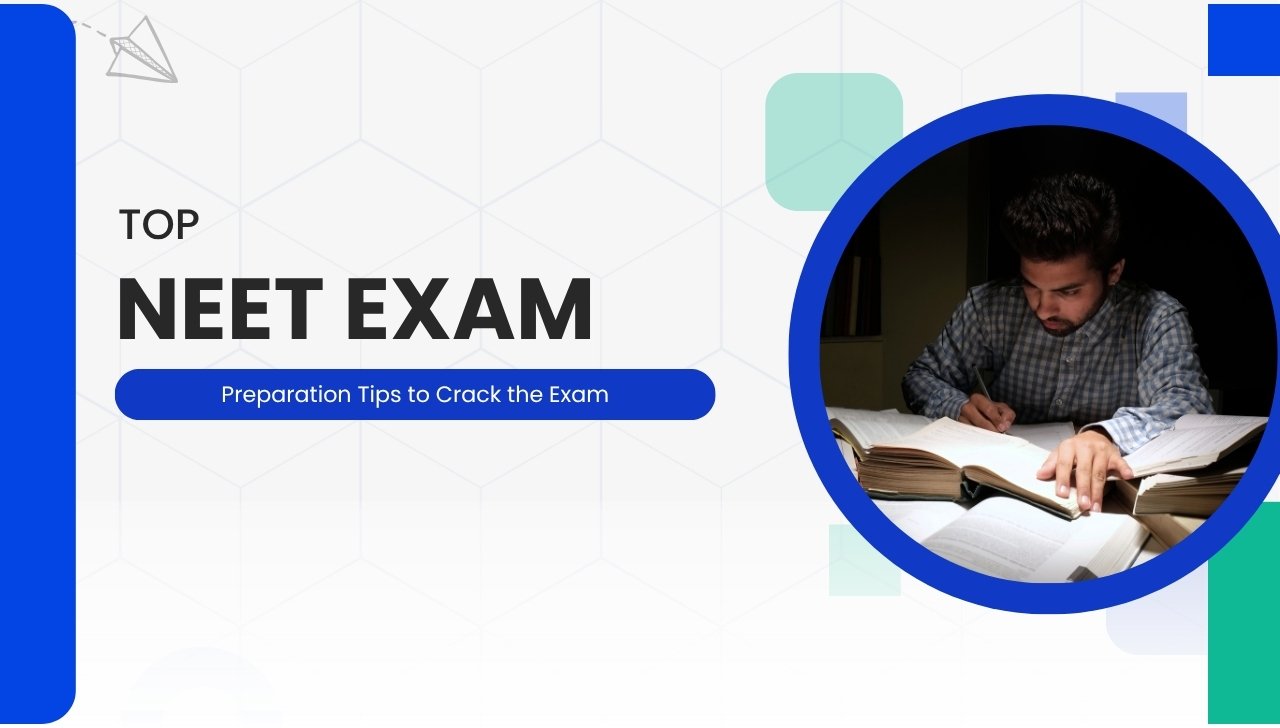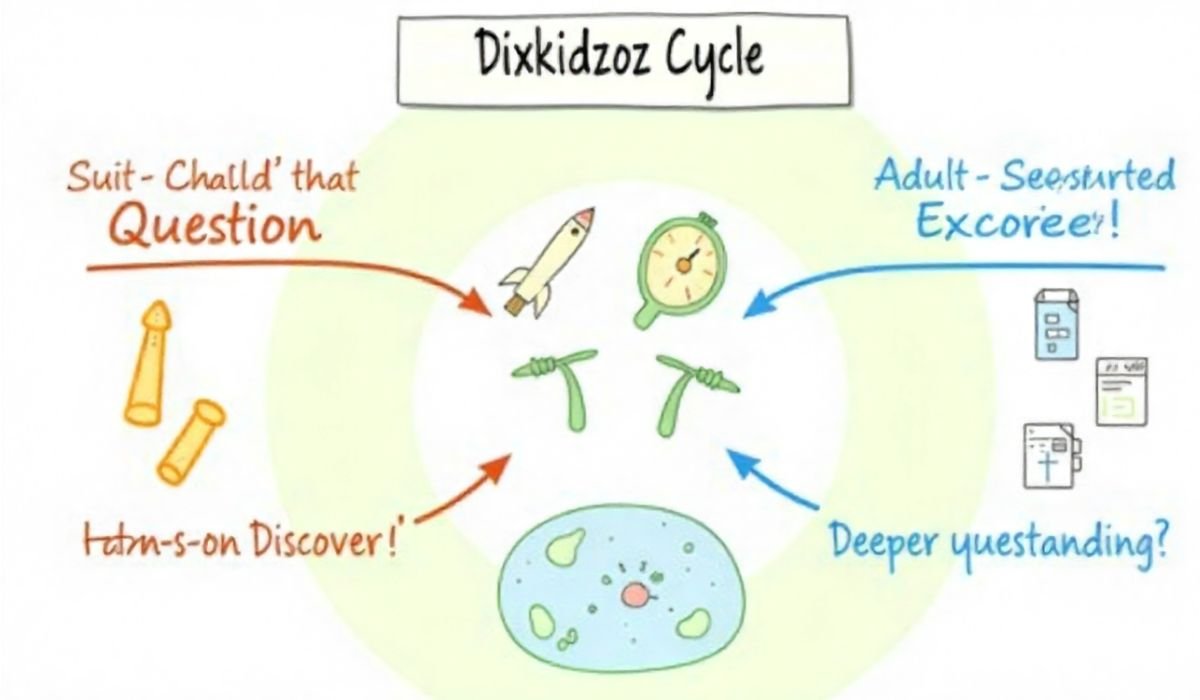Preparing for the NEET exam can feel overwhelming. Every year, more than 2,00,000+ take the exam. There’s a huge syllabus, tough competition, and limited time. But with the right strategy, resources, and daily discipline, cracking NEET becomes achievable. Whether you’re just starting or looking to fine-tune your prep, this guide breaks down everything: from choosing the right study material to mastering mock tests. With expert tips, simple explanations, and a clear plan, you’ll feel more confident about your NEET journey. Let’s begin step by step.
NEET exam preparation pointers
Preparing for NEET starts with a clear plan. Here’s how to make your prep smooth and effective:
- Understand the NEET pattern
You’ll face 180 multiple‑choice questions: 90 from Biology (Botany + Zoology), 45 from Chemistry, and 45 from Physics. Each correct answer gives +4 marks; each wrong one deducts −1. - Make a long-term roadmap
Start by dividing your prep timeline. If you have a year, months 1–6th cover theory, months 7–10th focus on revision, and months 11–12th emphasize intense mock practice and doubt clearing. - Gather good study material
Stick with NCERT for all subjects, especially for Biology and Chemistry, and use one reliable reference book per subject to deepen your understanding.
Hours to dedicate for optimal preparation
Here’s a structured weekly guide to keep you on track:
- Morning (2–3 hrs): Focus on difficult subjects like Physics and Chemistry.
- After school (1–2 hrs): Revise what you learned in the morning.
- Evening (2–3 hrs): Study Biology and practice questions.
- Night (1 hr): Quick revision and flashcard review.
Weekly goal: Finish theory topics and do 50–100 practice questions.
Monthly goal: Complete a full syllabus mock test and assess areas to improve.
You can talk to Academically’s expert faculty for any doubts regarding NEET PG and also for career counselling for your medical career in India or abroad.
NEET study material
Choose books and resources wisely:
- Biology: NCERT + Trueman’s Biology or Diagrams’ Objective Biology.
- Chemistry: NCERT + Physical Chemistry by OP Tandon (for concepts), Arihant Objective Chemistry (for practice).
- Physics: NCERT + Concepts of Physics (H.C. Verma) + D.C. Pandey objective series.
- Courses & videos: Platforms like Academically can clarify tough concepts through visuals.
NEET syllabus
Understanding the syllabus keeps you focused. Here’s how to cover it well:
- Break it down: Divide the NEET PG syllabus into smaller units, like Organic Chemistry or Human Physiology.
- Schedule them: Assign each unit to specific weeks and set realistic daily goals.
- Track progress: Use lists or digital trackers. Only move on after mastering concepts or practicing enough.
NEET coaching
Coaching can help but only if you choose wisely:
- Select the right batch size: Small batches (20–30) encourage interaction; large batches (100+) may feel less supportive.
- Experienced faculty: Teachers with proven track records in clearing NEET bring big advantages.
- Doubt-solving systems: Good coaching provides one-on-one doubt sessions, interactive forums, or mentoring.
- Study tools: Look for coaches offering study planners, online portals, and report cards to help you track progress.
Alternatively, with self‑study and discipline, many toppers succeed without coaching. Choose what suits your learning style and budget. Check the Academically NEET PG course for 2026.
NEET mock tests
Mocks are the best mirror to prepare for the real test. Here’s how to use them effectively:
- Start mocks after basic theory (months 4–5)
- Do full-length, timed tests under real exam conditions.
- Review mistakes carefully to understand weak areas—don’t just see your score.
- Maintain a test diary, listing recurring errors (e.g., concept vs calculation).
- Track progress over time, aiming to improve accuracy and speed.
Mocks help you prepare for the real exam and reduce anxiety. Ideally, solve 3–4 full mocks per month in the final stages.
NEET practice questions
Supercharge your prep by practicing questions smartly:
- Daily drills: Use 20–50 mixed questions daily from each subject.
- Topic-wise exercises: Do 100–200 questions per chapter after finishing it.
- Previous-year papers: NCERT and official NEET papers mirror the actual exam style.
- Online quizzes: Helpful for quick checks and last-minute review of key areas.
Going from theory to regular practice makes remembering concepts easier and builds confidence.
NEET exam tips
Here are important exam-day strategies:
- Time management: 180 questions, 200 minutes (~1.1 minutes per question). Don’t linger too long on any one.
- Avoid negativity: Only guess when you’re 60–70% sure—negative marking can hurt.
- Tackle easy ones first: Complete high-confidence questions early, then return to tougher ones.
- Stay steady: Keep calm. Skip, mark, and return later. Breathe deeply if feeling stressed.
- Check alternative choices: Even if unsure, recheck options—sometimes elimination narrows down the choices.
NEET online classes
Online classes are a flexible way to learn:
- Live vs recorded: Live classes allow instant doubt-solving; recordings are handy for revision.
- Structured study plans: Good platforms provide weekly plans that are aligned with the syllabus.
- Interactive tools: Expect to engage with quizzes, polls, and forums to stay active.
- Offline access: Download videos for study during travel or when the internet is unavailable.
- Mentorship support: Platforms that offer mentorship or doubt sessions provide personalized guidance.
Conclusion
Cracking NEET is all about consistent effort, smart planning, and steady practice. Start with NCERT mastery, layer in top reference materials and daily practice questions, take regular mock tests, and receive personalized guidance. Expert faculty and mentorship keep you motivated and focused. Finally, learn smart exam strategies and stay balanced. Stick with this method, and you’re not just preparing for an exam—you’re moving toward a medical career you’ve earned.
FAQs
- When should I start NEET PG preparation?
Ideally, in the 3rd year of MBBS. But focused effort in the final year of MBBS (if your basics are strong) also works, just make a clear plan. - Is NCERT enough?
Yes, NCERT is a good start to build a foundation, especially for Biology and Chemistry. For Physics and advanced Chemistry, add 1–2 standard reference books. - How many mocks to take?
At least 20–30 full mocks before the exam (2–3 per week in the final months). - How do I improve speed and accuracy?
Practice timed sets of 20 questions daily and analyze both correct and wrong answers.
YOU MAY ALSO LIKE: Your Passion, Your Career: The Importance of Relevant Education











